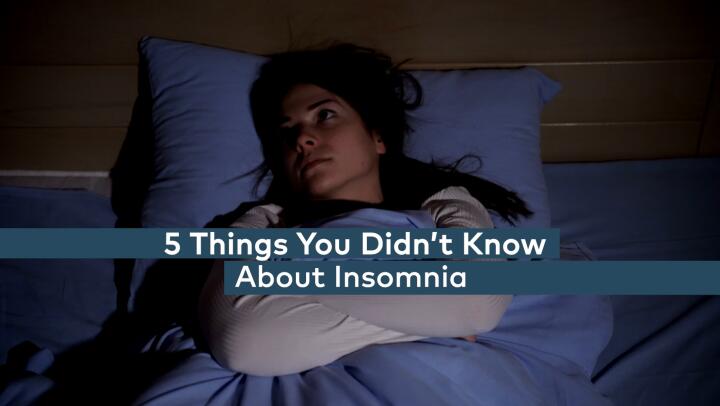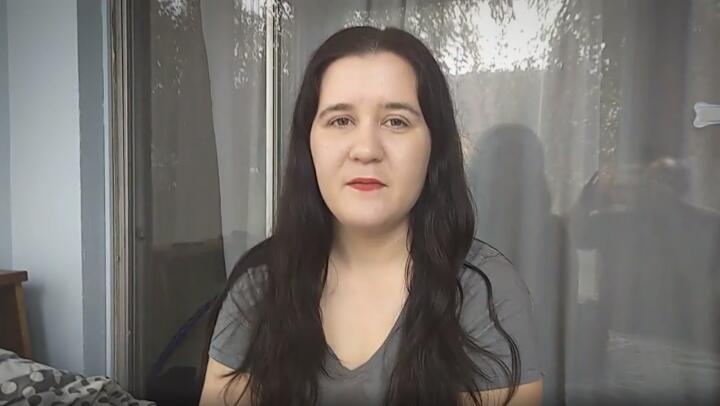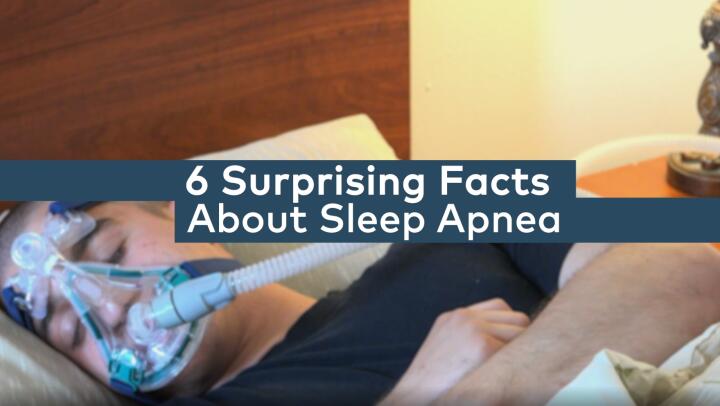
Restless legs syndrome (RLS) is usually a treatable condition. RLS involves an overwhelming urge to move the legs, usually associated with unpleasant sensations. When deciding how to treat RLS, one of the first steps is to find out if some other medical condition is causing it. If so, it’s classified as secondary RLS and it should respond to treatment for the underlying condition. For example, iron deficiency can cause RLS, so your doctor can check your iron levels with a blood test and recommend supplements if necessary. By treating your iron deficiency, you may relieve your RLS symptoms.
If no other condition is contributing to your symptoms, you have what’s called primary RLS. Treating primary RLS can’t cure the condition, but it can help control your symptoms. And you have several options, including lifestyle changes and medications. In fact, new and effective methods of treating RLS have entered the market in recent years.
Dopamine drugs are standard therapy for moderate-to-severe RLS.
It’s been about a decade since the FDA approved a new generation of dopamine drugs—pramipexole (Mirapex) and ropinirole (Requip)—to treat RLS. These drugs quickly replaced levodopa/carbidopa (Sinemet) as the main dopamine therapy for RLS.
The problem with all these dopamine drugs is that they may cause RLS augmentation. Augmentation is a worsening of RLS symptoms after chronic dopaminergic therapy, requiring progressive increasing drug dosages. As a result, there’s a need for effective RLS treatment that avoids the augmentation reaction.
A dopamine patch appears to have a lower rate of augmentation.
Rotigotine (Neupro) gained FDA approval to treat RLS in 2012. This form of dopamine delivers the medicine through an adhesive patch. As a result, serum levels of the drug are more constant than with medicines you take by mouth. Experts think this accounts for the drug’s lower rate of augmentation.
Non-dopamine medicines may be effective alternatives.
Avoiding dopamine drugs may be a solution to augmentation. And the active ingredients in anticonvulsant medicines may be effective alternatives:
Gabapentin enacarbil (Horizant) gained FDA approval in 2011 to treat RLS. This drug was shown to improve RLS symptoms, especially at night, with a lower risk of developing augmentation.
Pregabalin (Lyrica) is not FDA-approved to treat RLS. But doctors often prescribe this drug “off label” and its use is gaining popularity. Why? A 2014 study compared pregabalin and pramipexole head to head with encouraging results. In fact, pregabalin performed as well or better than pramipexole in relieving RLS symptoms. What’s more, the study confirmed augmentation is more of a problem for dopamine drugs. Significantly more people taking pramipexole had augmentation at one year compared to pregabalin.
Gabapentin (Neurontin) is also an off-label option for treating RLS. In studies, this drug was generally well-tolerated, effectively relieved RLS symptoms, and improved sleep. However, one dose doesn’t last as long as other options and it can be difficult to find the right amount to take.
While official guidelines might be slow to recommend these drugs as first-line therapy, RLS experts are not. Many experts believe more doctors need to know about the risk of augmentation and how to avoid it, so the trend is to consider these medicines as first-line treatment for RLS. However, some insurers may not cover off-label uses of drugs if you haven’t tried more accepted medications first, so make sure you understand your options and thoroughly talk about your treatment plan with your doctor.
Ergot-derived medicines no longer have a place in RLS treatment.
Two older drugs—pergolide (Permax) and cabergoline (Dostinex)—are no longer viable treatment options for RLS. They increase dopamine action, but they belong to a class of ergot-derived medicines. There is an association between their use and serious heart valve problems. In fact, pergolide’s manufacturer voluntarily withdrew it from the U.S. market in 2007.
Treatment guidelines strictly limit their recommendations for using these drugs. Doctors should only consider this type of medicine if a patient has severe RLS that doesn’t respond to anything else.
You’ve got options.
In recent years, experts have not only identified restless legs syndrome as a real condition, but also encouraged the development of effective medications. Talk to your doctor about your symptoms and the best course of action for you. It may take some trial and error to find the right method, but with so many options, it’s likely you’ll find something that improves your quality of life and gets you back to your old self.












